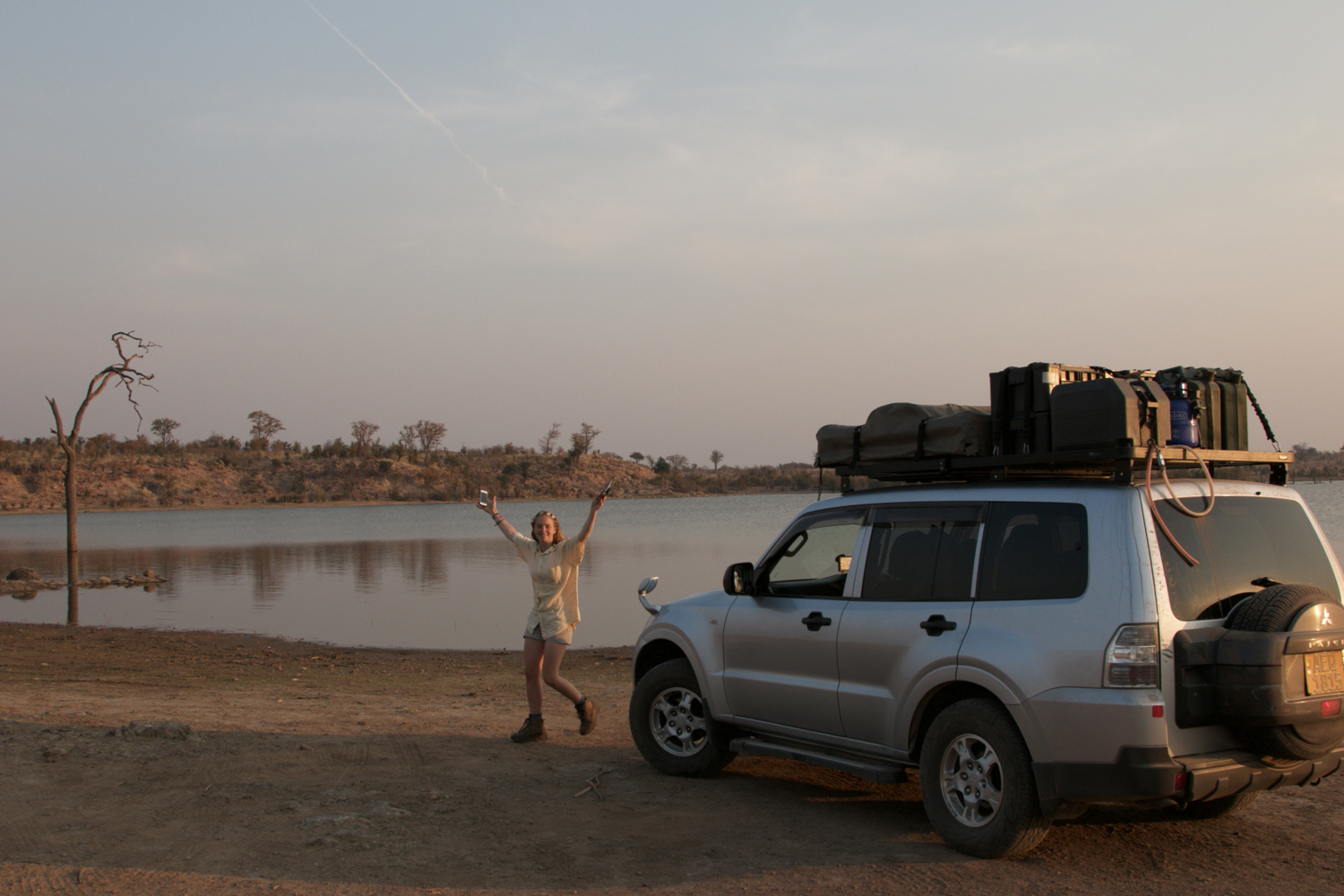 Introduction: A lot of readers of this website ask me questions on the topic of self-drive in Zimbabwe. That’s why I’m excited that Ant from ManaPools.com has written this promo post based on his experience. I hope that any aspiring self-drivers to Zimbabwe will find it useful.
Introduction: A lot of readers of this website ask me questions on the topic of self-drive in Zimbabwe. That’s why I’m excited that Ant from ManaPools.com has written this promo post based on his experience. I hope that any aspiring self-drivers to Zimbabwe will find it useful.
Written by Ant Bown
With established self-drive destinations in Botswana and Namibia rapidly approaching capacity and frankly overcrowded, many see Zimbabwe as the final frontier for self-drive safaris. Zimbabwe’s diverse geography and open wilderness presents a tantalising gap on the self-drive map just crying out to be explored. Wild destinations such as Mana Pools and Chitake Springs, experiences like the Kariba Ferry voyage, as well as sights such as the Victoria Falls are uniquely Zimbabwean and unspoiled by the cookie-cutter of mass tourism. In addition, people who do visit Zim always come back amazed at the friendly people they met along the way.
The problem is that Zimbabwe remains under-explored, mainly because it is not an easy destination to navigate without sound knowledge of the ever-evolving conditions on the ground. Zimbabwe seems to lurch from one financial crisis to another, yet somehow, life goes on there. Every day, each resident wakes up and does their best to overcome the latest problem facing them. Then the situation evolves further, and Zimbos wake up the next day and make another plan. According to my ancestors, it has been this way for decades, so solving these evolving problems is really nothing new for a local.
If you want to travel Zimbabwe on your own you have to be willing to put some serious time and effort into uncovering, understanding and overcoming the unique challenges involved. Currently, these issues chiefly involve currency, fuel and catering.
The challenge in trying to outline these problems and their solutions at any point in time is that, by, the time you read this, both will most likely be out of date. Chat rooms and Facebook pages are filled with the opinions of people who visited last Zimbabwe a year or 3 months ago, these are often outdated. For this reason, it is probably best to establish contact with a competent local on the ground for the latest updates and solutions.
Here are some of the more common questions we are asked about self-drive in Zimbabwe at the moment:
Is it safe to travel to Zimbabwe?
Safety is the elephant in the room (for first-timers anyway). The short answer is: Zimbabwe simply does not have the same violent crime problem that some of her more-visited neighbours do. Sure, there is petty theft (don’t leave cash or mobile phones lying around) but hijackings and gun violence are very rare. Zimbabwe’s intentional homicide rate is roughly in line with the global average, at about one sixth of South Africa’s and one third of Botswana & Namibia’s, according to current United Nations figures.
What about police roadblocks?
The police were a nuisance a few years back, when they were trying to raise fine revenue at roadblocks by enforcing ridiculous regulations. Under the new dispensation, they are back to directing traffic and giving public transport drivers a hard time about their un-roadworthy vehicles and reckless driving. Truth is, the average cop’s heart was never really in it when they were ordered to extort motorists in the past, the average Zimbo is much more happy solving problems than causing them.
Are the locals friendly?
Zimbabwe’s people are always an unexpected highlight of our client’s trips to first-timers. Zimbabwean culture is very relationship-oriented and places a lot of emphasis on greetings and exchanging pleasantries before getting down to any business. Relax, you’re on holiday, you will soon find yourself laughing along with strangers in the most unlikely of scenarios. Despite (or maybe, because of) the economic challenges, the fabric of Zimbabwe society remains intact and most people have respect for each other and common human decency.
What about inflation?
Zimbabwe’s economic challenges are complex and ever-evolving and will keep economists busy for decades to come. Whilst inflation is very high in Zimbabwe, what is often overlooked in news headlines is that these price movements are in local currency terms. Expressed in hard currency terms, inflation is much less of an issue because prices expressed in USD are much more stable.
What currency should I bring to Zimbabwe?
The Zimbabwe dollar is now the only legal tender for transactions within Zimbabwe from 24 June 2019, however, you may pre-pay many of your expenses from your home country prior to your arrival.
If you plan ahead correctly, your Zimbabwe Dollar expenses will thus be limited to food and fuel. If you pay these with a foreign VISA/Mastercard, you will effectively only be changing your home currency into local currency, as and when required. Inflation will be less of a problem for you due to the exchange rate and the fact that you will not be holding Zimbabwe Dollars but rather changing them as you need them.
Cash Zimbabwe Dollars are not yet freely available from ATM’s, however it remains legal to hold US Dollar cash and until this changes, you may want to bring some USD cash to change as and when required for smaller purchases.
What is the fuel situation in Zimbabwe currently?
You may have seen news headlines screaming some ridiculous-looking Zimbabwe fuel prices in recent times, along with pictures of long fuel queues. Just ask yourself one question: “If these fuel price reports were totally accurate, surely few Zimbabweans could afford to buy fuel … so why the fuel queues?” As usual, things are more nuanced than initially meets the eye or there wouldn’t be such traffic jams in Harare at rush-hour.
There are three prices for fuel in Zimbabwe currently which I summarize in the table below:

Most of our clients have got around so far with “Type 2” forex fuel this year. If you wish to bypass all these problems altogether we can help with pre-paid fuel coupons from Harare.
Who can provide support for our trip on the ground in Zimbabwe?
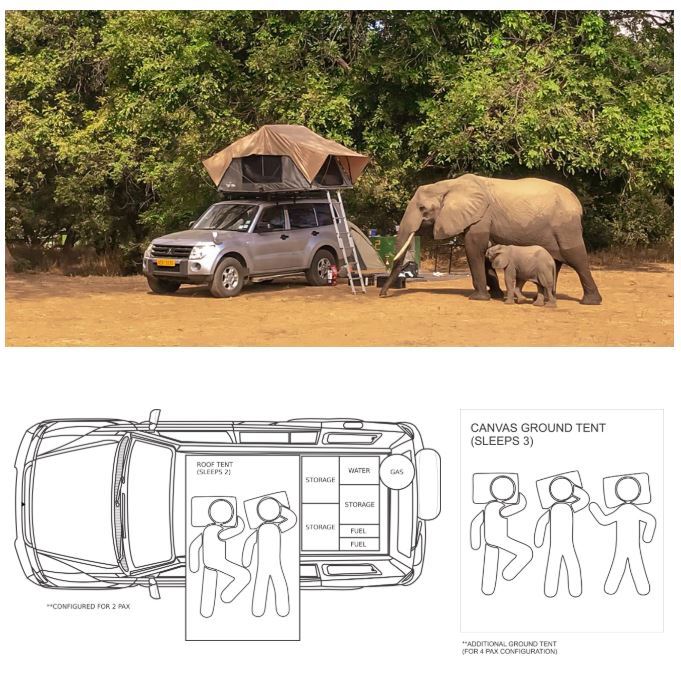 Sample ManaPools.com vehicle layout
Sample ManaPools.com vehicle layout
ManaPools.com and SelfDriveZim.com offer supported customised arrive & drive itineraries from Harare and Victoria Falls incorporating Mana Pools, Chitake Spings, Kariba Ferries, Hwange and Victoria Falls. These include pre-paid 4×4 rental, campsite & guesthouse accommodation & transfers. In addition we offer fuel & catering solutions along the way so that all you need to do is arrive and drive. You get three lifetimes’ worth of Zimbabwe experience as your “feet on the ground” in to overcome Zimbabwe’s evolving challenges and make your trip unforgettable for all the right reasons.
As we speak we have clients in Mana Pools and Chitake enjoying life to the full, despite (or maybe partly because of) the challenges. Hey, if it was easy, everyone would be doing it, but there are ways to overcome Zimbabwe’s challenges. With a bit of local knowledge you can enjoy unspoiled Zimbabwe before the crowds get here.
Click here for Zimbabwe arrive & drive itineraries from AntManapools.com, Selfdrivezim.com & Sunbird Guesthouse provide assistance with planning your self-drive itinerary, campsite and Kariba Ferry bookings, fuel and catering planning as well as 4×4 Rentals. Contact them at [email protected].
GreatZimbabweGuide.com always discloses sponsored material to the reader. This post is published in partnership with ManaPools.com. Views presented in this article are that of ManaPools.com. Images in this article are courtesy of ManaPools.com.

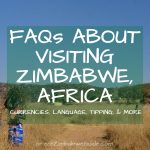
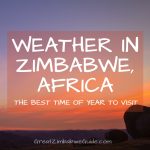
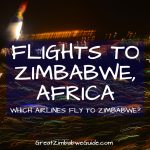
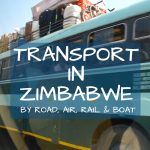
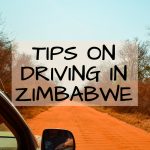


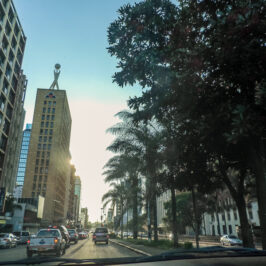
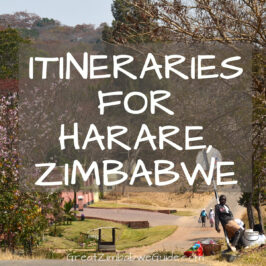
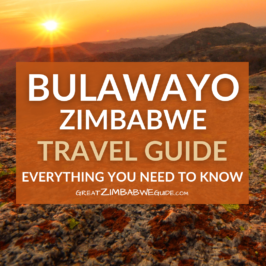
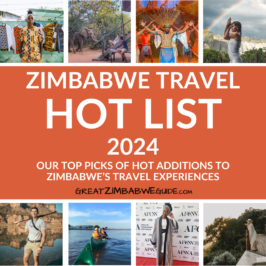
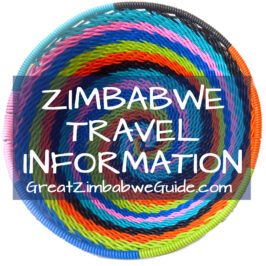

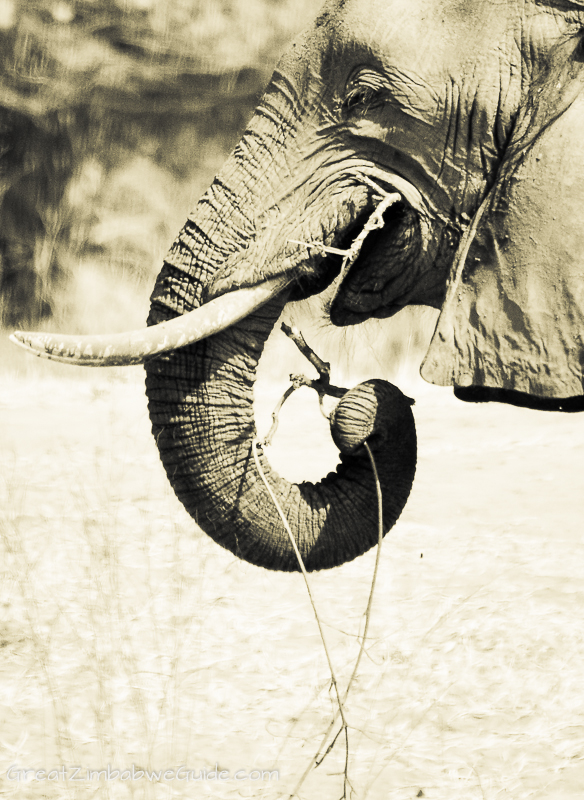
Leave a Reply